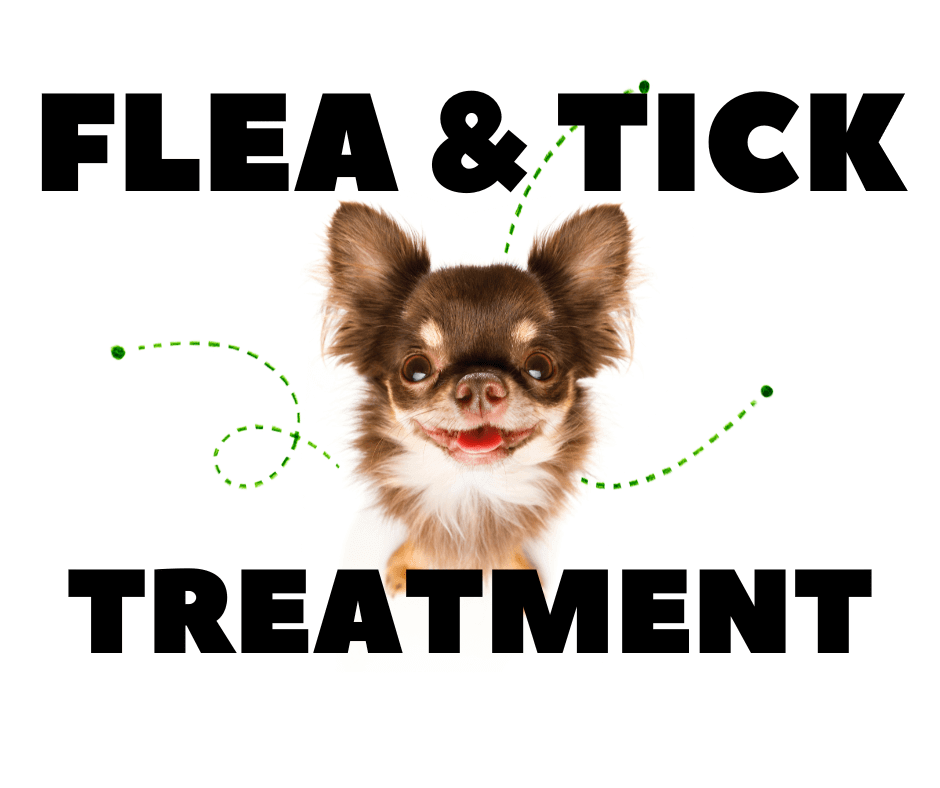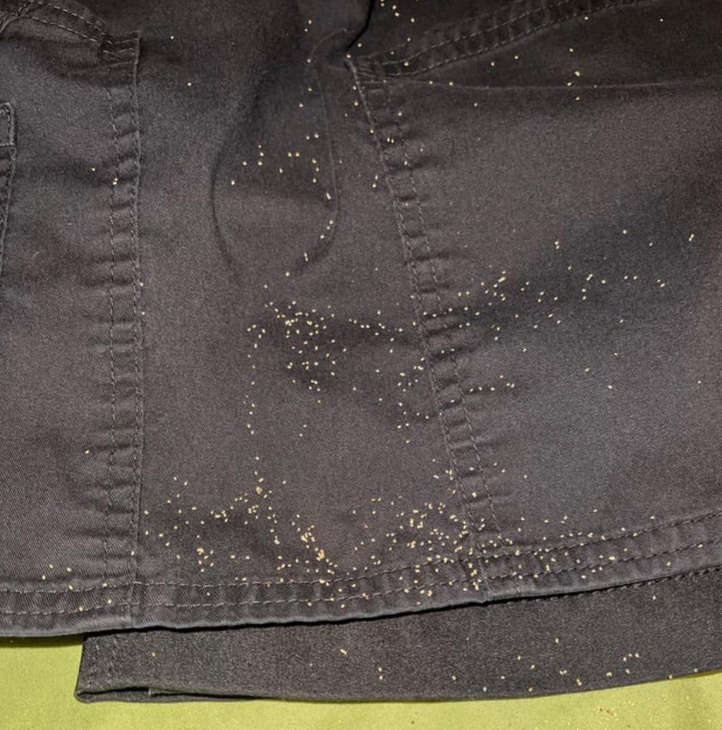Flea and Tick Treatment; Safe & Effective
Table of Contents
- 1 Flea and Tick Treatment
- 1.1 If you have a pet that has fleas or ticks, the first step to treat fleas is to get the proper medication from your veterinarian
- 1.2 Checklist for Before a Flea or Tick Treatment
- 1.3 Flea Life Cycle
- 1.4 Tick Life Cycle
- 1.5 Importance of Vacuuming
- 1.6 Flea and Tick Treatment
- 1.7 Tick Treatment
- 1.8 How Much Does a Flea or Tick Treatment Cost?
- 1.9 Schedule Your Treatment Today!
- 1.9.1 FAQ’s Flea & Tick Treatment
- 1.9.2 Is there a smell associated with this treatment?
- 1.9.3 Are fleas and ticks a year-round problem?
- 1.9.4 My cat is an indoor cat. Do I have to keep it on flea medicine forever?
- 1.9.5 I just moved into a house and all of a sudden I’m covered in fleas. Why?
- 1.9.6 What cities in Brevard and Indian River Counties do you provide flea and tick treatments in?
- 1.10 Related Links
Flea and Tick Treatment
If you have a pet that has fleas or ticks, the first step to treat fleas is to get the proper medication from your veterinarian
We offer Flea and Tick Treatments. If you have a pet that has fleas or ticks, the first step is to get the proper medication from your veterinarian. Over-the-counter flea and tick medications are unlikely to exterminate fleas and ticks due to these pests’ resistance to pesticides.
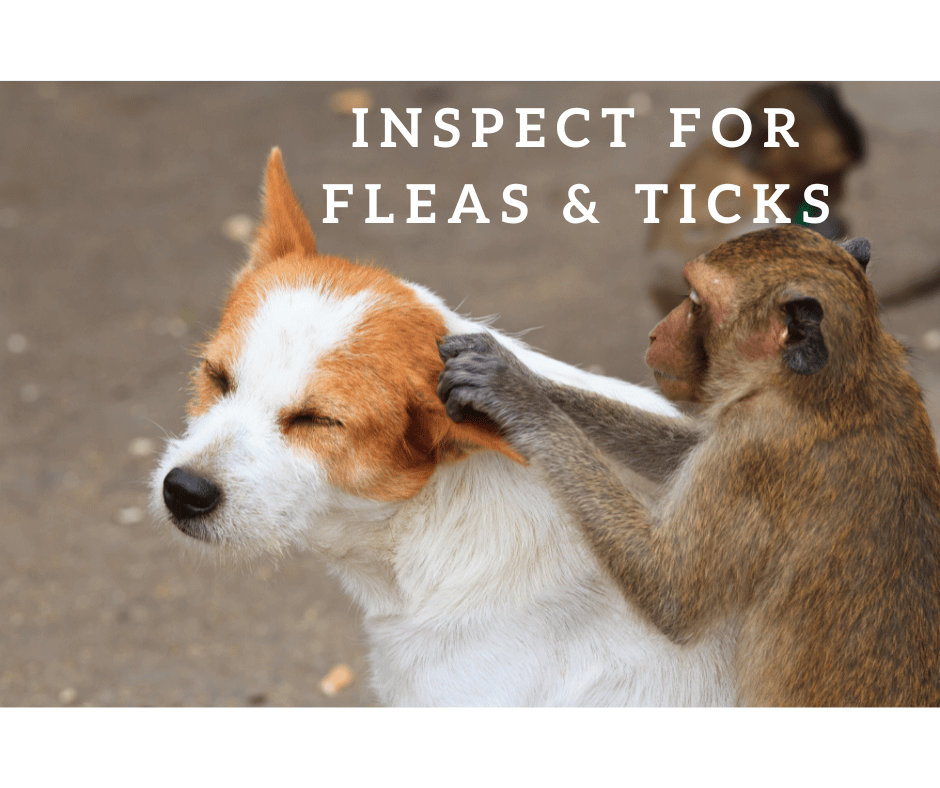
Products that once worked incredibly well and were available only by prescription are now available over the counter and virtually useless in controlling fleas & ticks. The “best” product to treat dogs and cats changes every few years, and those products are always only available with a prescription from your Vet.
Some over the counter flea and tick medications can cause serious adverse reactions in your pet.
Checklist for Before a Flea or Tick Treatment
- Thoroughly wash your dog (maybe not a cat, unless they are ok with baths).
- Vacuum your house and throw out the bag or empty the bin in the outside garbage.
- Wash animal bedding, use dryer if possible.
- Wash drapes, and curtains, especially if there is a tick problem.
- Pay special attention while cleaning the areas your pet frequents.
- Ensure the house is free of clutter
- Take any other steps you can think of to prepare for a flea or tick treatment.
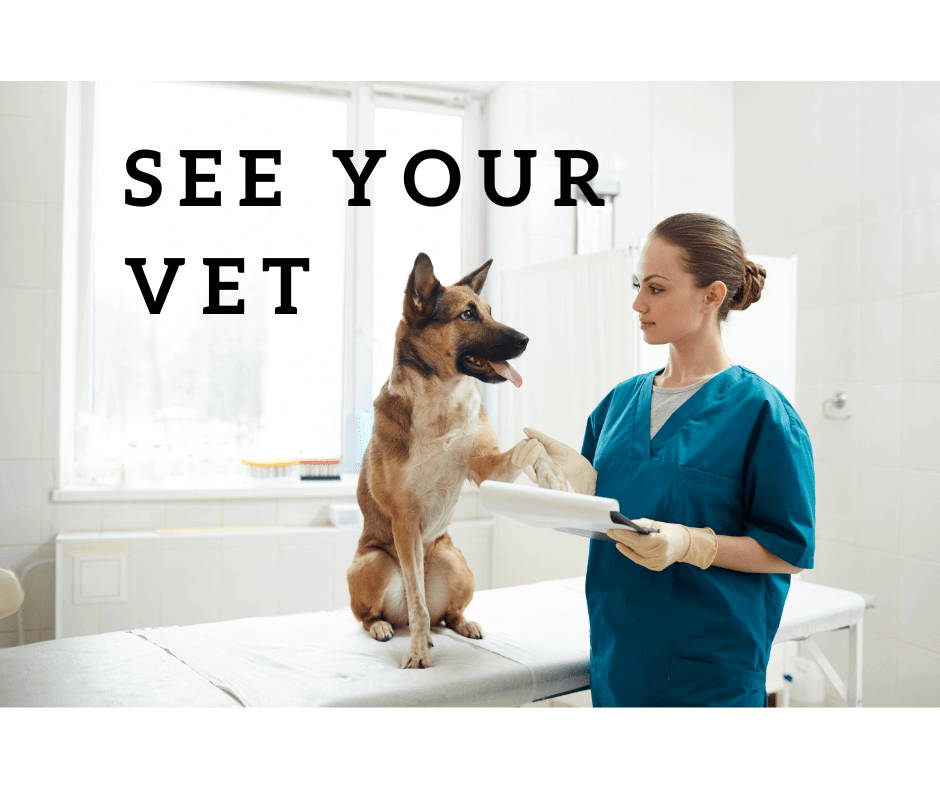
Flea Life Cycle
Fleas have a four-stage life cycle: egg, larva, pupa, and adult.
- Egg: Fleas lay their eggs on their host animal, typically on the fur or feathers. The eggs are small and oval-shaped, and they are difficult to see.
- Larva: Flea larvae are small and white, and they have no eyes or legs. They live in the environment, such as in carpets, bedding, and furniture. Larvae feed on organic matter, such as flea dirt and dead skin cells.
- Pupa: Flea pupae are enclosed in cocoons, which they spin to protect themselves from the environment. Pupae do not feed, and they remain in their cocoons until they are ready to emerge as adults.
- Adult: Adult fleas are small and brown, and they have six legs and piercing mouthparts.
Tick Life Cycle
Ticks have a four-stage life cycle: egg, larva, nymph, and adult.
- Egg: Ticks lay eggs in the environment, usually in leaf litter or under rocks. The number of eggs laid varies by species, but it can be anywhere from a few hundred to several thousand.
- Larva: Larvae are the smallest stage of the tick life cycle. They are six-legged and have no eyes.
- Nymph: Nymphs are eight-legged and have eyes.
- Adult: Adults are the largest stage of the tick life cycle.
Importance of Vacuuming
Vacuuming is important because it can help to remove flea eggs and larvae from your home. However, it is important to note that vacuuming will not get rid of all fleas and ticks. Vacuuming helps straighten fibers and prepare the carpet to receive treatment.
According to a University of Ohio study, vacuuming can remove over 90% of adult fleas & larvae.
Flea and Tick Treatment
We can spray your house with an insecticide and an insect growth regulator (IGR). The insecticide will kill existing fleas and ticks, and the IGR will prevent them from reproducing for up to 7 months!
You will have to leave the house until the product dries. Plan to leave for 2 hours.
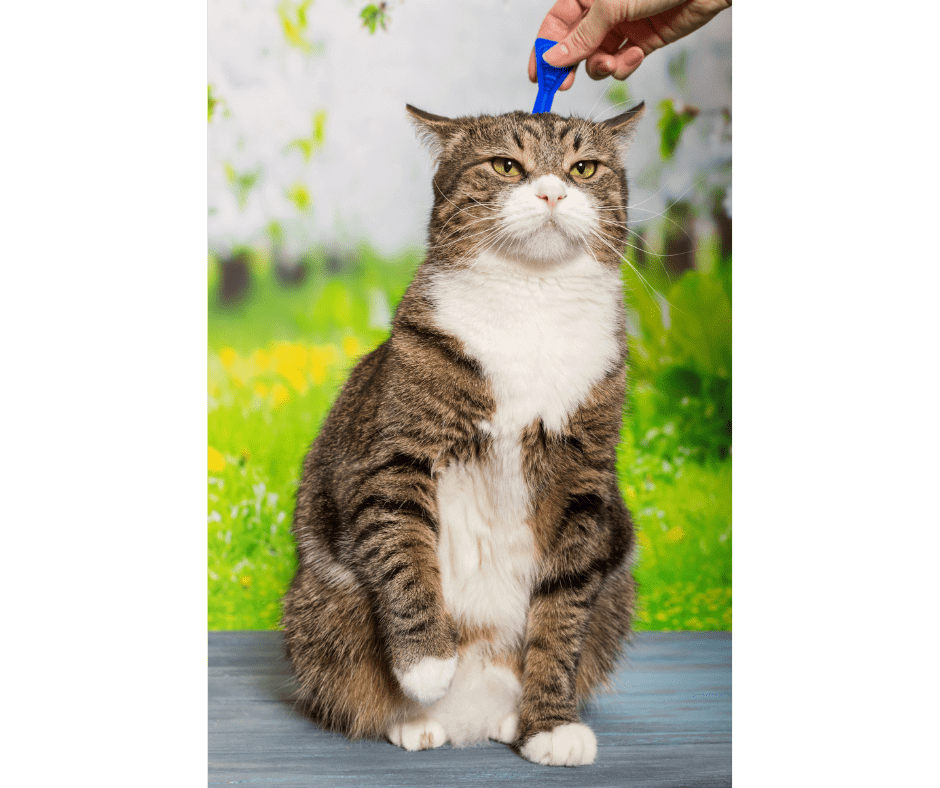
Tick Treatment
For tick treatment, we spray the walls all the way up to the ceiling because ticks like to go up curtains and walls in between “meals” during their first few stages of development.
How Much Does a Flea or Tick Treatment Cost?
Flea Treatments start at $149.00
Tick Treatments start at $279.00
Schedule Your Treatment Today!
If you have a flea or tick problem, please contact us today. 321-704-0434 We can help you get rid of these pests and protect your family and pets.
FAQ’s Flea & Tick Treatment
Is there a smell associated with this treatment?
There is a slight chemical smell at the time of application. The odor should have dissipated after waiting 2 hours to re-enter your house.
Are fleas and ticks a year-round problem?
In Florida, yes.
My cat is an indoor cat. Do I have to keep it on flea medicine forever?
If your animal is exclusively indoor, then a one time treatment may be all that you need.
I just moved into a house and all of a sudden I’m covered in fleas. Why?
Fleas can wait in a cocoon for over 6 months until they sense the carbon dioxide breath from a mammal; then they emerge from their cocoon looking for their 1st meal. Sometimes in large numbers. If the previous inhabitant of that house vacated with a flea problem, it may now be your flea problem.
What cities in Brevard and Indian River Counties do you provide flea and tick treatments in?
Palm Bay, Melbourne, Suntree, Viera, Rockledge, Cocoa Village, Merritt Island, Cape Canaveral, Cocoa Beach, Satellite Beach, Indian Harbour Beach, Indialantic, Melbourne Beach, Vero Beach, Sebastian, Grant-Valkaria, and Barefoot Bay.
Related Links
https://news.osu.edu/cat-fleas-journey-into-the-vacuum-is-a-one-way-trip—121707/

